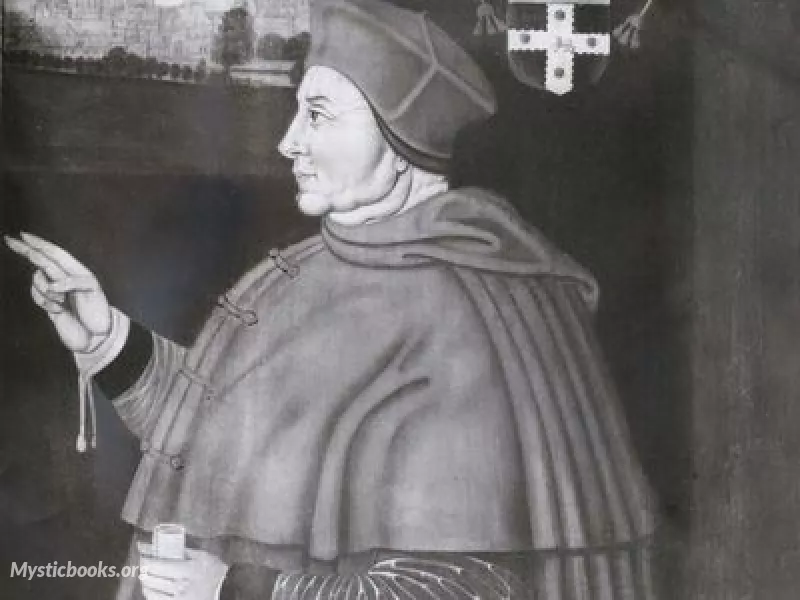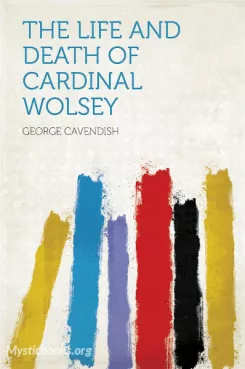
Timeline
Title
Country/Nationality
George Cavendish
George Cavendish (1497 – c. 1562) was an English writer renowned for his notable biographical work, Thomas Wolsey, Late Cardinall, his Lyffe and Deathe. As Cardinal Thomas Wolsey's biographer, Cavendish provided a comprehensive and invaluable account of Wolsey's life, making him a significant figure in English literature and history. This essay explores Cavendish's life, principles, notable works, philosophy, and his enduring legacy.
Who Was George Cavendish?
George Cavendish was an English writer born in 1497. While little is known about his early life, he later served as the Gentleman Usher to Cardinal Thomas Wolsey, one of the most influential figures in Henry VIII's court. Cavendish became a trusted confidant and witness to Wolsey's rise to power and subsequent fall.
Principles and Notable Works:
Cavendish's most significant and enduring work is his biography of Cardinal Wolsey, titled Thomas Wolsey, Late Cardinall, his Lyffe and Deathe. This biographical account is considered the most important contemporary source on Wolsey's life and offers a detailed depiction of court life and political events in the early sixteenth century. Notably, it sheds light on the divorce proceedings against Catherine of Aragon, showcasing Cavendish's historical insight and meticulous attention to detail.
Cavendish's writing style demonstrates his keen observation, providing readers with an intimate view of the political and social landscape of the time. His work showcases his ability to capture the complexities of individuals and the dynamics of their relationships, offering a captivating narrative.
Philosophy and Legacy:
Cavendish's philosophy can be discerned through his dedication to preserving the memory and legacy of Cardinal Wolsey. His biography reflects a deep admiration for Wolsey's intelligence, political prowess, and commitment to the realm. Cavendish viewed his work as a means to ensure that future generations would remember Wolsey's contributions and understand the intricacies of court life during his time.
Death and Remembrance:
George Cavendish passed away around 1562, leaving behind a significant body of work that continues to shape our understanding of the Tudor era. While Cavendish himself may not have achieved the level of fame and recognition as some of his contemporaries, his biographical work remains a testament to his dedication as a writer and historian.
Legacy and Interest:
Cavendish's biography of Cardinal Wolsey remains an essential resource for scholars and historians seeking insights into the political, social, and cultural landscape of the early sixteenth century. It provides valuable historical context for the events surrounding Henry VIII's divorce proceedings, as well as a nuanced depiction of court life during Wolsey's time.
Conclusion:
George Cavendish's contributions as a writer and biographer cannot be overstated. Through his biography of Cardinal Wolsey, he preserved an invaluable account of an influential figure in English history. Cavendish's attention to detail, historical insight, and captivating narrative style make him an essential figure in Tudor literature. Today, his works continue to serve as primary sources for scholars and enthusiasts alike, offering a glimpse into the fascinating world of the Tudor court and the life of Cardinal Wolsey.
Books by George Cavendish

The Life and Death of Cardinal Wolsey
Step into the captivating world of Tudor England as George Cavendish unveils the extraordinary life and tragic downfall of one of history's most influential figures in his remarkable work, "The Life and Death of Cardinal Wolsey." Journey alongside Ca...